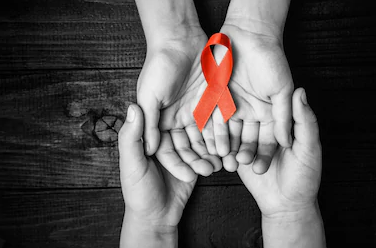
HIV Symptoms, HIV (human immunodeficiency virus) is a sexually transmitted infection that spread from one person to another through sexual contact. The HIV symptoms in men and women are somewhat similar. We will discuss them a bit later. For now, let’s learn about the ways of transmission of the infection. However, it is significant to know that it is the only STI that may spread through different ways, that may include-
- Sharing of needles
- Blood transfusion
- Breastfeeding
- Infected mother to child
HIV is not a curable infection. Nevertheless, there are certain ways through which you can relieve your symptoms and reduce the risk of future complications. They may include medications and other treatment methods.
- You can avoid the infection transmission from sex by using a condom. Buy condoms online from Daily Chemist.
Durex Intensive 6 Condoms
Durex Extended Pleasure 12 Condoms
How does the infection symptomize?
HIV symptoms in men and women may seem similar to that of the flu. It makes people get the wrong impression and ignore the infection. However, if you are infected, you can experience the following symptoms-
- Inflammation in lymph nodes
- Fever
- Cough
- Headache
- Sore throat
- Pain in the muscles and joints
You should consult with your doctor if you experience such signs and symptoms. He or she may diagnose your condition and help deal with your problem. It is significant to know that it is very important to keep the infection under control. The infection may result in causing AIDS. It is a chronic stage of HIV, in which your immune system becomes damaged and prone to other infections and diseases.
Specialists say people falling under the age group of 13 to 64 years are eligible for the HIV test. In addition, people who are prone to HIV should go for a test at least once a year. If you had sex with somebody who had HIV or any other STI, you may be prone to the infection. Moreover, if you have engaged in intercourse with multiple partners, you may be at risk. For more information about HIV symptoms in men and women and their risk factors, consult with your doctor.

